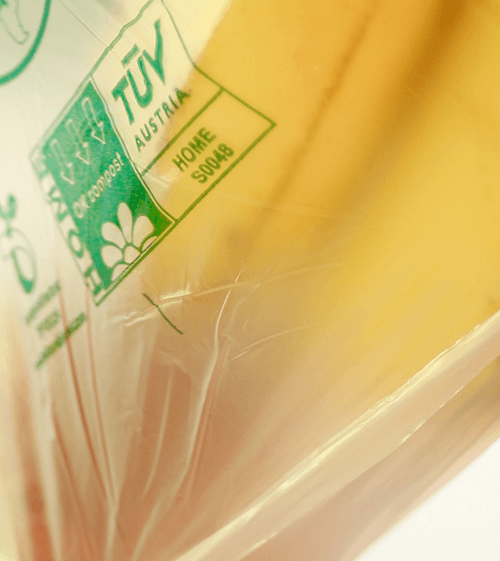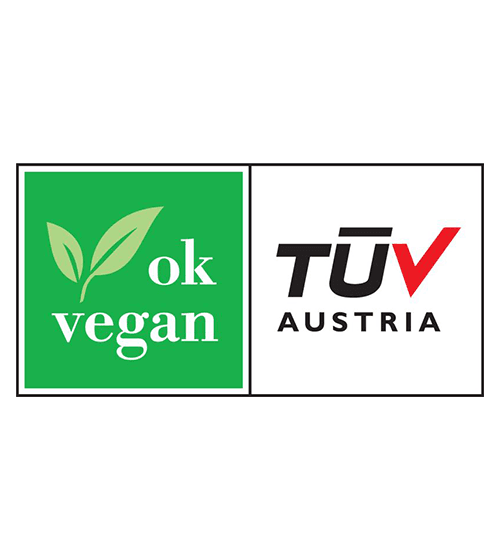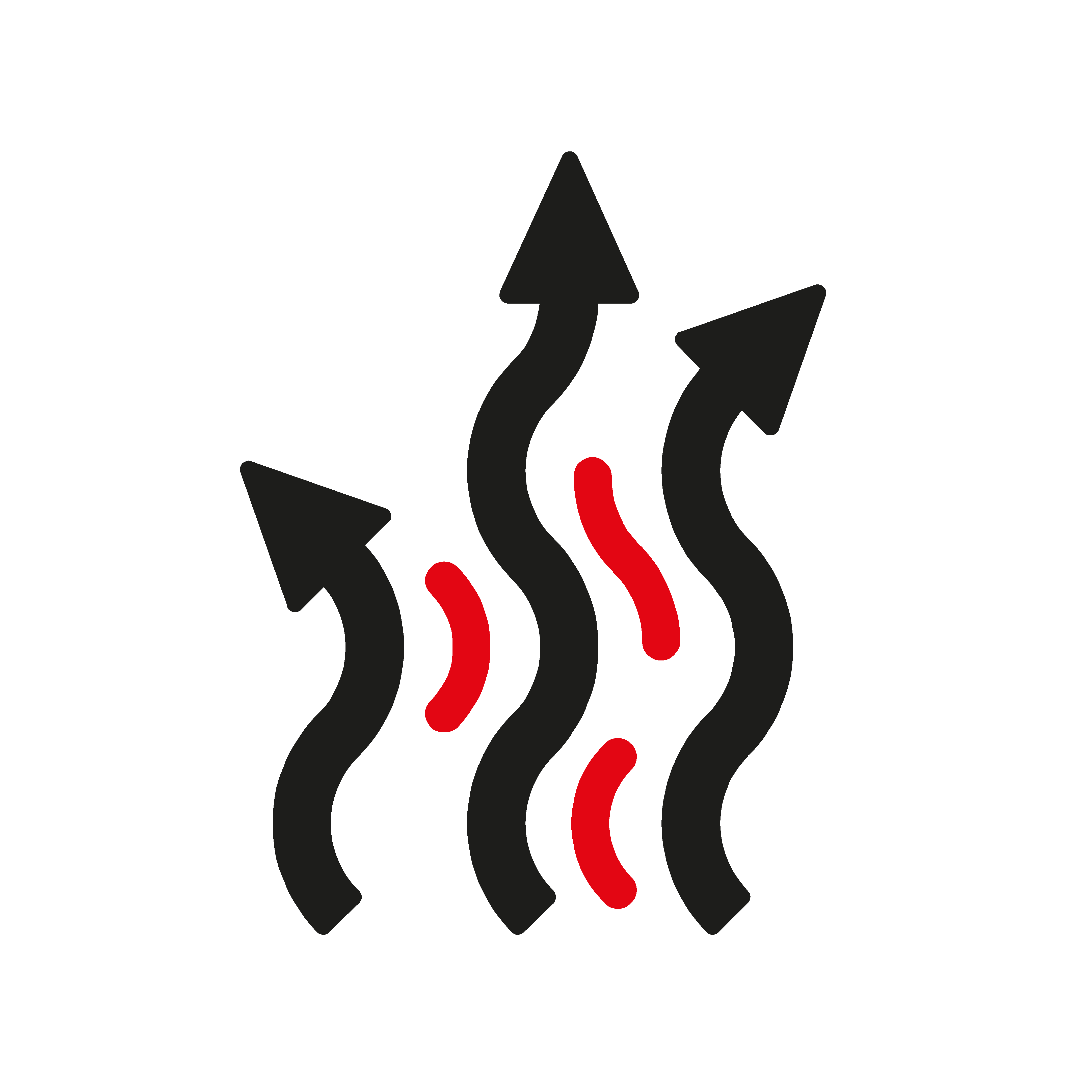Solution: Life Cycle Assessment
Solution: Life Cycle Assessment
Life Cycle Assessment
The results of an LCA can help businesses, policy makers and other organizations make more informed decisions to move towards sustainability.
An LCA study consists of four stages:
- Stage 1 Target and Scoping: The target and scope aim to define how large a part of the product life cycle is to be covered in the assessment and what purpose the assessment will serve. Criteria that serve system comparison and specific time periods are described in this step. In summary, this is the stage where it is determined what to include and what not to include in the study.
- Stage 2 LCA Inventory: In this step, the inventory analysis gives a description of the material and energy flows within the product system and in particular its interaction with the environment, raw materials consumed and emissions to the environment.
- Stage 3 Impact Analysis: The details from the inventory analysis serve the impact assessment. Indicative results of all impact categories are detailed in this step; the importance of each impact category is assessed by normalization and finally by weighting. In summary, this is the stage of assessing the impact of inputs and outputs on the environment and human health.
- Stage 4 Improvement Analysis: The interpretation of a life cycle includes critical review, determination of data sensitivity and presentation of results. This means assessing energy and material inputs at each stage, as well as opportunities to reduce environmental impacts.
Life cycle studies can be conducted for various scopes, from cradle to gate (from raw materials to the factory gate), gate to gate (focusing only on production processes) or cradle to grave (until raw materials are disposed of). What makes it different from other models is its mainly data-driven methodology.
Benefits of LCA Assessment:
- Process and product design improvement
- Marketing (e.g., promoting environmental claims or meeting consumer demand for green products)
- Hot spot analysis to facilitate continuous improvement
- Third-party verification or certification
- Methodology for measuring key environmental impacts (e.g. greenhouse
gas, carbon emissions, water use and energy consumption) - Setting targets for climate change and other sustainability policies












